What is Soft Washing, and how does it work?
Soft washing is a cleaning process that safely removes organic stains, mildew, and algae from outdoor surfaces using a low-pressure washing technique and a mixture of biocides or sodium hypochlorite, surfactants, and water.
What is the distinction between Soft Washing and Power Washing, often known as Pressure Washing?
Although the procedures, equipment, pressure, and chemicals used in soft washing, power washing, and pressure washing appear to be identical, they are not. Power washing and pressure washing require much higher water pressure than soft washing, and power washing is usually done with high pressure. To kill mould, mildew, bacteria, algae, fungus, moss, and other bacteria, the Soft Washing method is paired with a biodegradable sanitizing cleaning solution.
When is it OK to use the Soft Washing method?
Patios, driveways roof tiles, render, decking, cladding etc, and other surfaces that are notoriously difficult to clean with pressure or might be damaged if used with high pressure should be soft washed. Soft washing was developed with the purpose of removing algae.
What are the benefits of Soft Washing your roof?
On roofs, algae is prevalent, and it typically produces a noticeable black stain on your tiles and roof. Moss & algae all thrive in wet and damp conditions, spreading out and impacting negatively on your roof. Water will get into your loft area if tiles crack. This is said to have a significant impact on roofs, shortening their lifespan by up to 20 years. The only approach to effectively remove of algae & moss without damaging the roof or voiding any warranties is to use soft washing.
Even at modest pressure, pressure washing a roof can potentially void your warranty and cause granule loss. This means that the roof tiles' integrity will be compromised as a result of the water's intense pressure. Furthermore, power-washing simply washes the roof's surface, leaving the root systems that have formed in, around, and in the tiles unaffected.
The Soft Washing method safely kills any moss, fungal, and bacterial life, as well as removes any dirt and grime, from the roof, restoring it to its natural colour without causing any damage to the roofing materials.
What's the best way to Soft Wash?
To begin, prepare your surrounding area by protecting any plants or grass from the area you'll be cleaning. The softwash is then prepared. Once the solution is ready, pour it into a softwash sprayer and use it to cleanse the surface. Soft washing flows water through a pump and hose at low pressure. The cleaning solution mixture can simply be directed through the hose by the pump. The hose is then directed at the cleaning surface, and the water mixture is sprayed out.

Typically, a soft wash system uses a large proportion of cleaning chemicals and a higher volume of water versus pressure washing. The application is soft and uses less pressure than your garden hose. After that, depending on the surface, the solution is left on the surface to kill everything down to the roots, then rinsed off in some cases.
What kind of Soft Washing equipment is used?
To gentle wash, you'll need a soft wash system like the one shown below, which you can get from SoftWash UK The Clever Injector Dosatron
What chemicals are utilised in the Soft Washing process?
To apply to your surface area, you'll need to make a solution that includes the following ingredients:
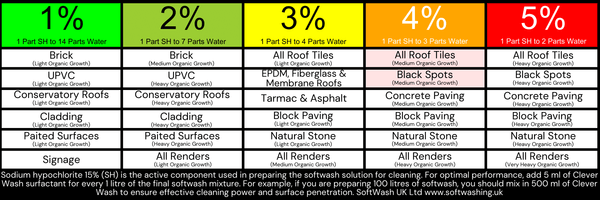
- Sodium Hypochlorite - This kills mildew spores, algae, moss, and any other plants or fungus that have taken up residence on your roof. It also penetrates any root systems and kills them, preventing additional harm to the tiles and the regrowth of anything.
- Water – Sodium hypochlorite is diluted with water.
- Clever Wash – Softwash Surfactant This helps with cleaning by loosening, absorbing, and transporting dirt and other contaminants. Surfactants, by their chemical nature, go between the surface (your roof) and the material clinging to it (soil, plants, fungi, and so on) and push them apart, sticking to the undesired matter clinging to it and lifting it away in a process known as roll-up. It works in the same way as dish soap does when it comes to removing food residue from a plate after a meal: it improves the water's ability to wash away undesired gunk. Furthermore, the surfactant will aid in preventing excessive run-off, allowing the solution to remain on your roof for longer, increasing its effectiveness and also removing the surface tension of the water.

When you're looking for the ideal chemical mixture, you're really looking for a good sodium hypochlorite concentration to apply on a specific job. Water and chemicals will undoubtedly aid, but sodium hypochlorite is the major agent. More information about the volume and ratio of sodium hypochlorite see here



























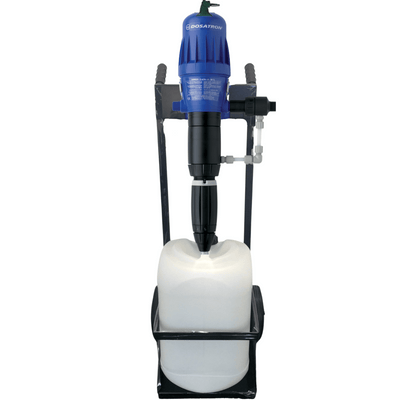
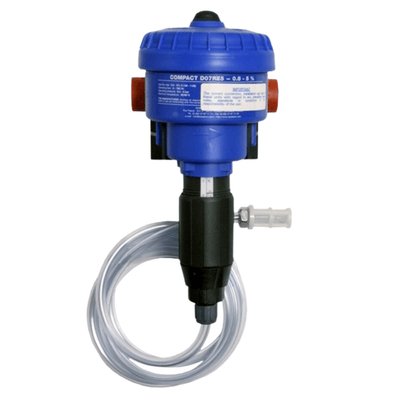
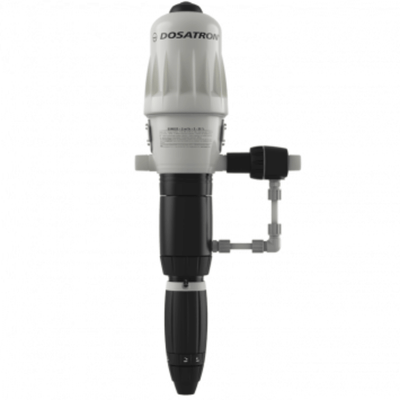
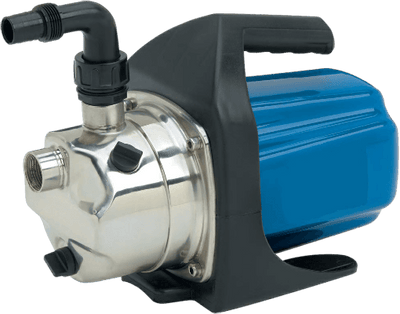
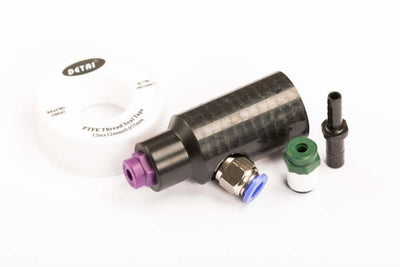
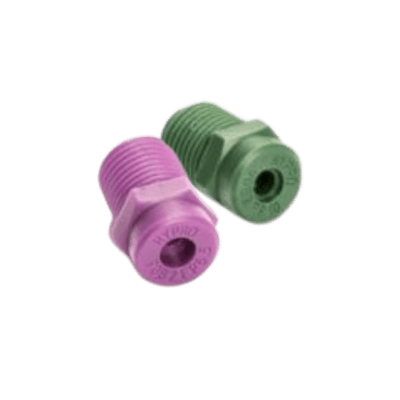
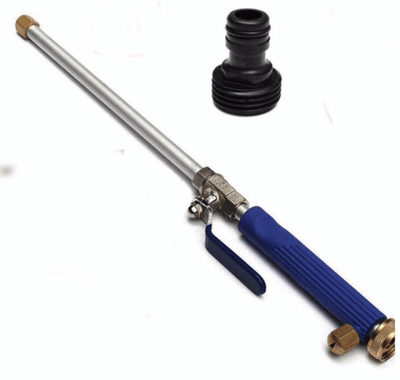
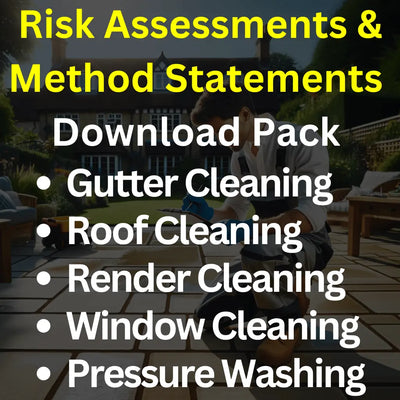
Hello Matthew,
Thank you for reaching out! I’d be happy to provide you with information on what soft washing is, how it works, and the products you’ll need.
What is Soft Washing?
Soft washing is a cleaning method that uses low pressure and specialized solutions to safely remove mildew, bacteria, algae, and other organic stains from surfaces. Unlike high-pressure washing, soft washing relies on chemicals rather than high pressure to clean surfaces, which prevents damage to the materials being cleaned.
How Does It Work?
Soft washing involves the following steps:
Preparation: The surface to be cleaned is inspected, and any delicate plants or areas are protected.
Mixing the Solution: A solution is prepared using sodium hypochlorite, water, and a surfactant. The standard recipe is:
Sodium Hypochlorite: 3 parts
Water: 6 parts
Surfactant: 1 part
Application: The solution is applied to the surface using a soft wash system. The surfactant helps the solution adhere to and penetrate the surface.
Dwell Time: The solution is allowed to sit on the surface for 10-15 minutes to break down and kill the organic growths.
Rinsing: The surface is thoroughly rinsed with water to remove the solution and any loosened debris.
Products You’ll Need:
Sodium Hypochlorite: This is the primary chemical used for its strong cleaning and disinfecting properties.
Sodium Hypochlorite
Clever Wash Surfactant: Helps the cleaning solution adhere to surfaces and enhances its cleaning power.
Clever Wash Surfactant
Soft Wash System: Equipment that includes a pump, hoses, and application wands specifically designed for soft washing.
Soft Wash Systems
Biocide Soft Wash Pro 50: Used as a post-treatment to prevent future organic growth.
Biocide Soft Wash Pro 50
Additional Resources:
Podcasts: For more detailed information, you can listen to our podcasts where we discuss various aspects of soft washing, from techniques to product usage.
SoftWash UK Podcast
For more comprehensive details, you can visit our website SoftWash UK. If you need an information pack, please let me know, and I can arrange to send one to you.
Best regards,
Mark Cave
SoftWash UK
Hi woukd it be possible to get some information or a information pack on how it works and products please.
Kind regards
Matthew